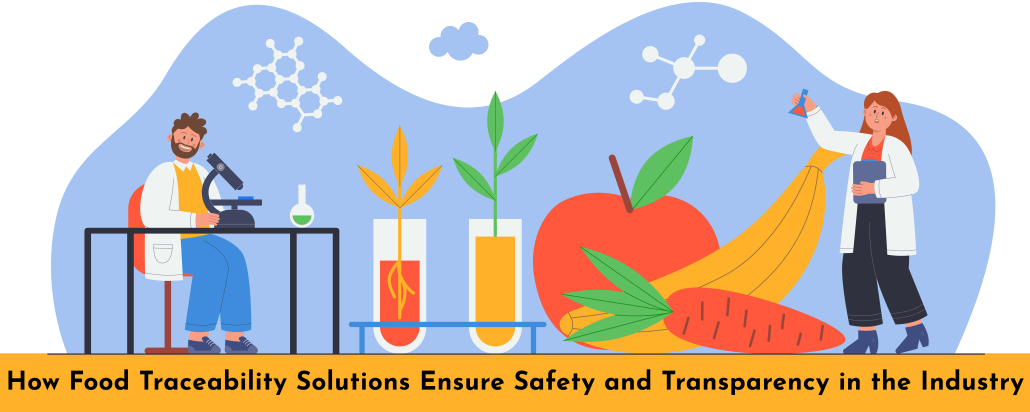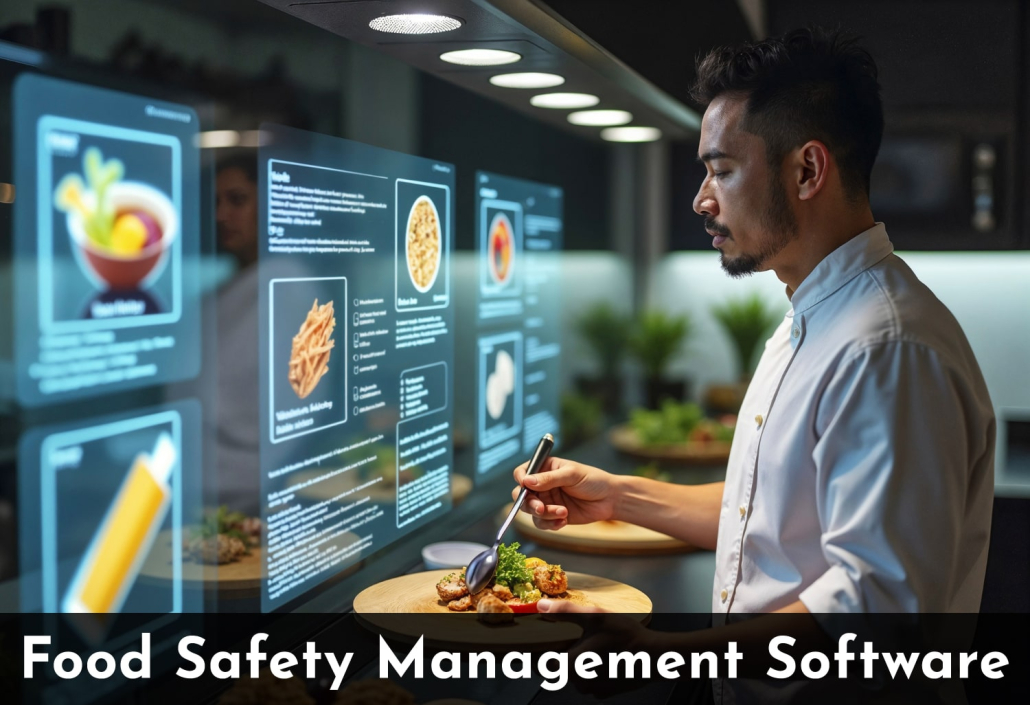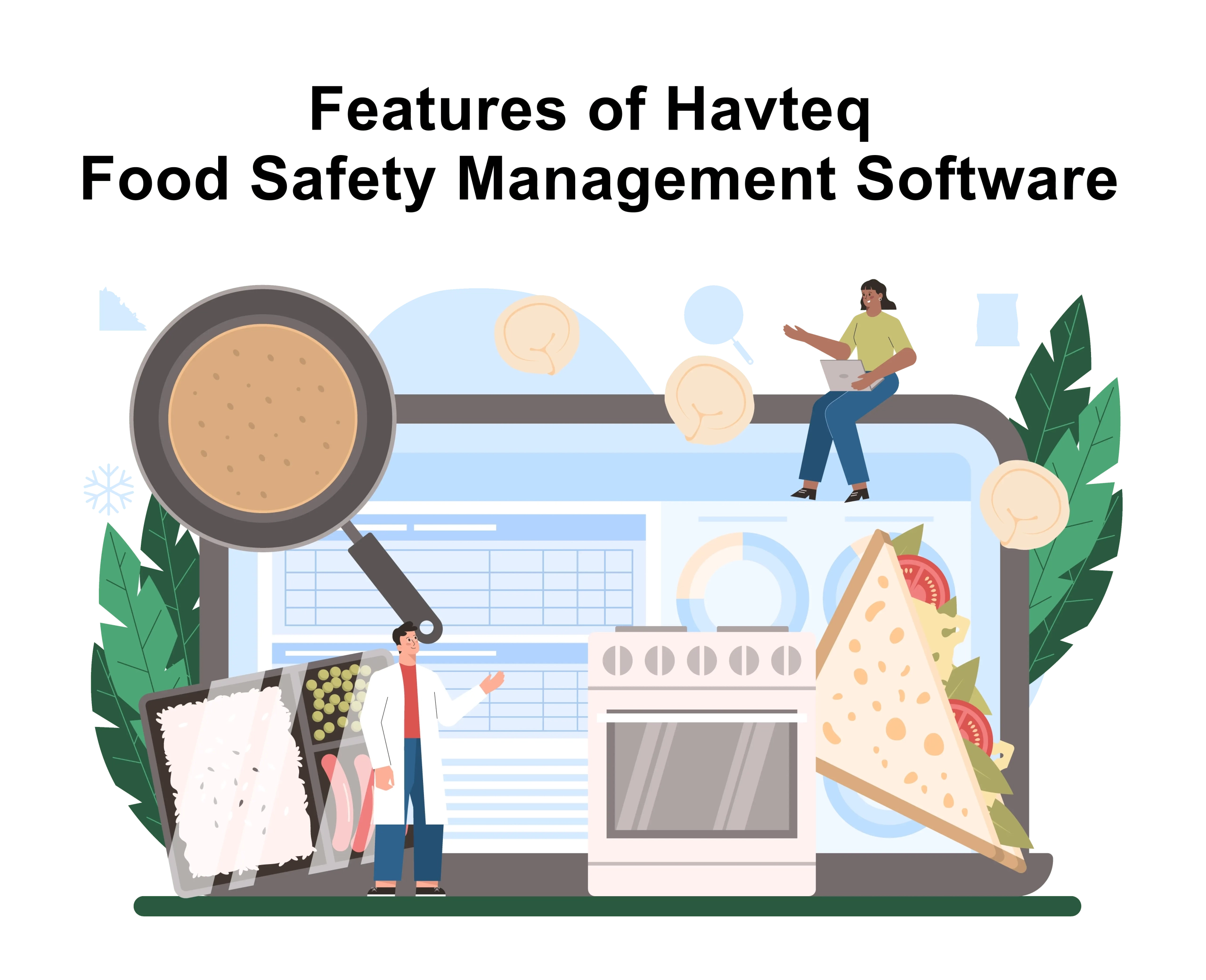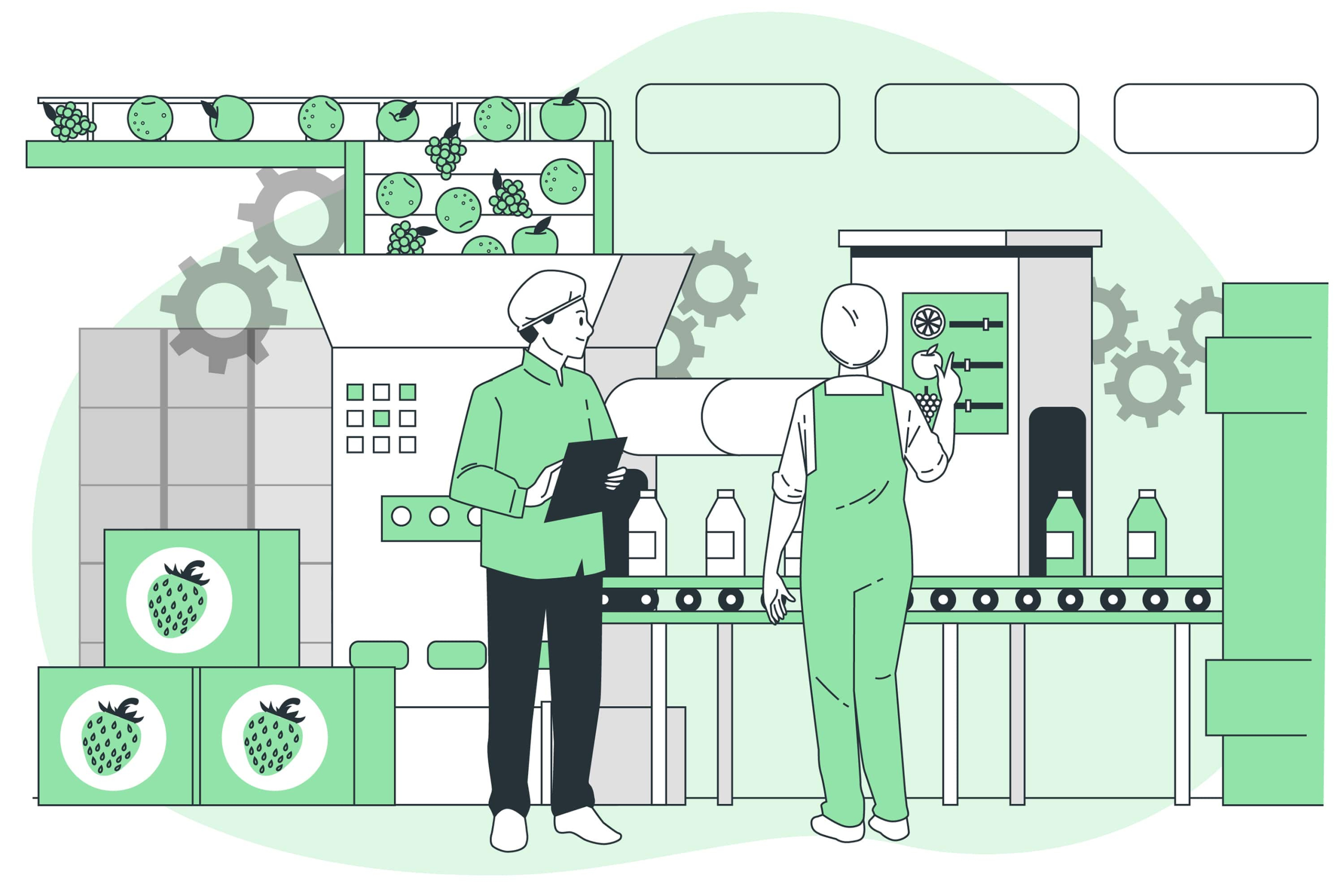Food Traceability Solutions: The Ultimate Guide to Safer & Smarter Food Chains
In today’s rapidly evolving food industry, Food Traceability Solutions have become a non-negotiable tool. From farm to fork, ensuring the traceability of food has gained priority to maintain transparency, safety, and compliance.
But what exactly are Food Traceability Solutions, and why is everyone in the industry talking about them?
Let’s dive in.
✅ What Are Food Traceability Solutions?
Food Traceability Solutions refer to the systems, software, and processes used to track the movement of food products through all stages of production, processing, and distribution. With robust Food Traceability Solutions, companies can monitor every batch of food from the source to the consumer.
These solutions answer:
- Where did the product originate?
- Who handled it?
- When and how was it processed?
- Where is it now?
Using Food Traceability Solutions ensures that all data is stored and easily retrievable in case of recalls, audits, or consumer inquiries.
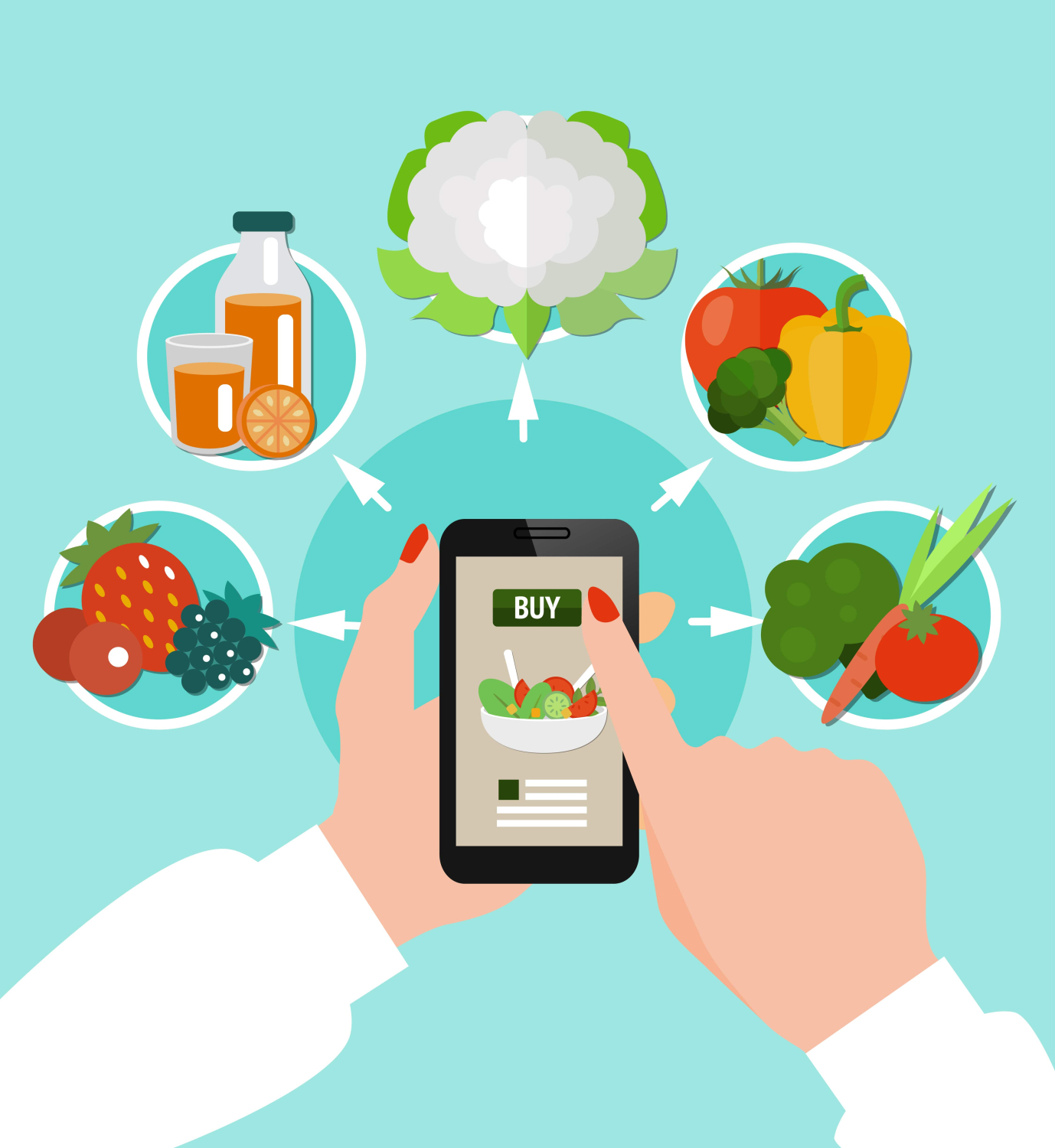
✅ Why Are Food Traceability Solutions Important?
In 2025 and beyond, food safety and transparency are not just buzzwords—they are requirements. Here’s why Food Traceability Solutions are crucial:
- Product Recalls
With Food Traceability Solutions, recalling specific batches becomes quick and cost-effective, minimizing health risks and losses. - Regulatory Compliance
Governments across the globe are mandating traceability in food systems. FSSAI, FDA, and EU guidelines require effective Food Traceability Solutions. - Customer Trust
Brands using Food Traceability Solutions build trust by showing transparency in sourcing and processing. - Waste Reduction
Smart Food Traceability Solutions allow better inventory planning, reducing spoilage and food waste. - Sustainability
Traceability promotes ethical sourcing and supports sustainability goals by monitoring the complete journey of food.
✅ How Do Food Traceability Solutions Work?
Modern Food Traceability Solutions involve a mix of hardware, software, and process management. Common technologies include:
- QR Codes & Barcodes – Used for scanning and tracking items at every checkpoint.
- RFID Tags – These radio-frequency tags help in real-time tracking of goods.
- Blockchain – Decentralized and tamper-proof Food Traceability Solutions powered by blockchain ensure end-to-end visibility.
- Cloud Software – Centralized traceability platforms collect and analyze data from all supply chain stages.
️
✅ Top Features of Good Food Traceability Solutions
If you’re looking for the best Food Traceability Solutions, here are the must-have features:
- Real-time tracking
- Batch-level traceability
- Alerts and recall automation
- Regulatory compliance modules
- Easy integration with existing ERP
- Mobile access for field teams
✅ Industries That Use Food Traceability Solutions
Food Traceability Solutions aren’t limited to one sector. They are used across:
- Agriculture & Farming
- Meat & Poultry
- Dairy & Beverages
- Packaged Food
- Seafood
- Retail Chains
Every business that touches food should consider Food Traceability Solutions as an investment in safety, not a cost.
✅ Benefits of Implementing Havteq Food Traceability Solutions
Here are the top advantages of deploying Food Traceability Solutions in your business:
| Benefits | Description |
| Safety | Quick identification of contamination sources |
| Efficiency | Streamlined supply chain processes |
| Reputation | Builds consumer trust and brand loyalty |
| Profitability | Less recall cost, more sales confidence |
| Insight | Data-driven decisions for improvement |
✅ FAQs
What are Food Traceability Solutions?
Food Traceability Solutions are systems and technologies that help track the movement of food products from their origin to the end consumer. These solutions ensure transparency, safety, and accountability in the entire food supply chain.
Why do businesses need Food Traceability Solutions?
Businesses need Food Traceability Solutions to:
- Meet regulatory compliance (like FSSAI, FDA, EU rules)
- Handle recalls efficiently
- Improve supply chain visibility
- Build trust with consumers
- Reduce food waste and operational losses
How do Food Traceability Solutions work?
Food Traceability Solutions work using barcodes, QR codes, RFID tags, and software platforms that record every step of the product’s journey. From production to distribution, all data is stored and tracked for easy access.
Can small food businesses also use Food Traceability Solutions?
Yes! Even small food businesses can implement basic Food Traceability Solutions like barcode labeling, Excel-based tracking, or cloud-based apps. Many affordable traceability tools are now available for startups and local suppliers.
What are the benefits of Food Traceability Solutions for consumers?
Consumers benefit from Food Traceability Solutions by:
- Knowing the origin and freshness of food
- Trusting the safety and ethical sourcing
- Having quick access to product information
- Feeling confident in brands that offer transparency
Are Food Traceability Solutions expensive to implement?
The cost of implementing Food Traceability Solutions depends on the scale and technology used. However, many cloud-based and SaaS options are now available at reasonable prices, making it feasible for both large and small businesses.
Which technologies are used in Food Traceability Solutions?
The most commonly used technologies in Food Traceability Solutions include:
- QR Codes & Barcodes
- RFID (Radio Frequency Identification)
- Blockchain
- IoT Devices
- Cloud-based Traceability Software
Do Food Traceability Solutions help with product recalls?
Absolutely. Food Traceability Solutions are crucial for identifying affected batches quickly, enabling fast recalls and reducing damage to health, brand, and revenue.
Are Food Traceability Solutions required by law?
In many countries, including India, the USA, and EU nations, Food Traceability Solutions are either recommended or legally required, especially for export, meat, dairy, and seafood sectors.
Need help choosing the right one? Contact us and we’ll help you get started with the best Food Traceability Solutions.
Conclusion: Embrace Food Traceability Solutions Today
In a digital-first world, not adopting Food Traceability Solutions means being left behind. From compliance to confidence, Food Traceability Solutions open new doors to efficiency, safety, and sustainability.
If you’re still thinking about it—now is the time to invest in the right Food Traceability Solutions for your business.

